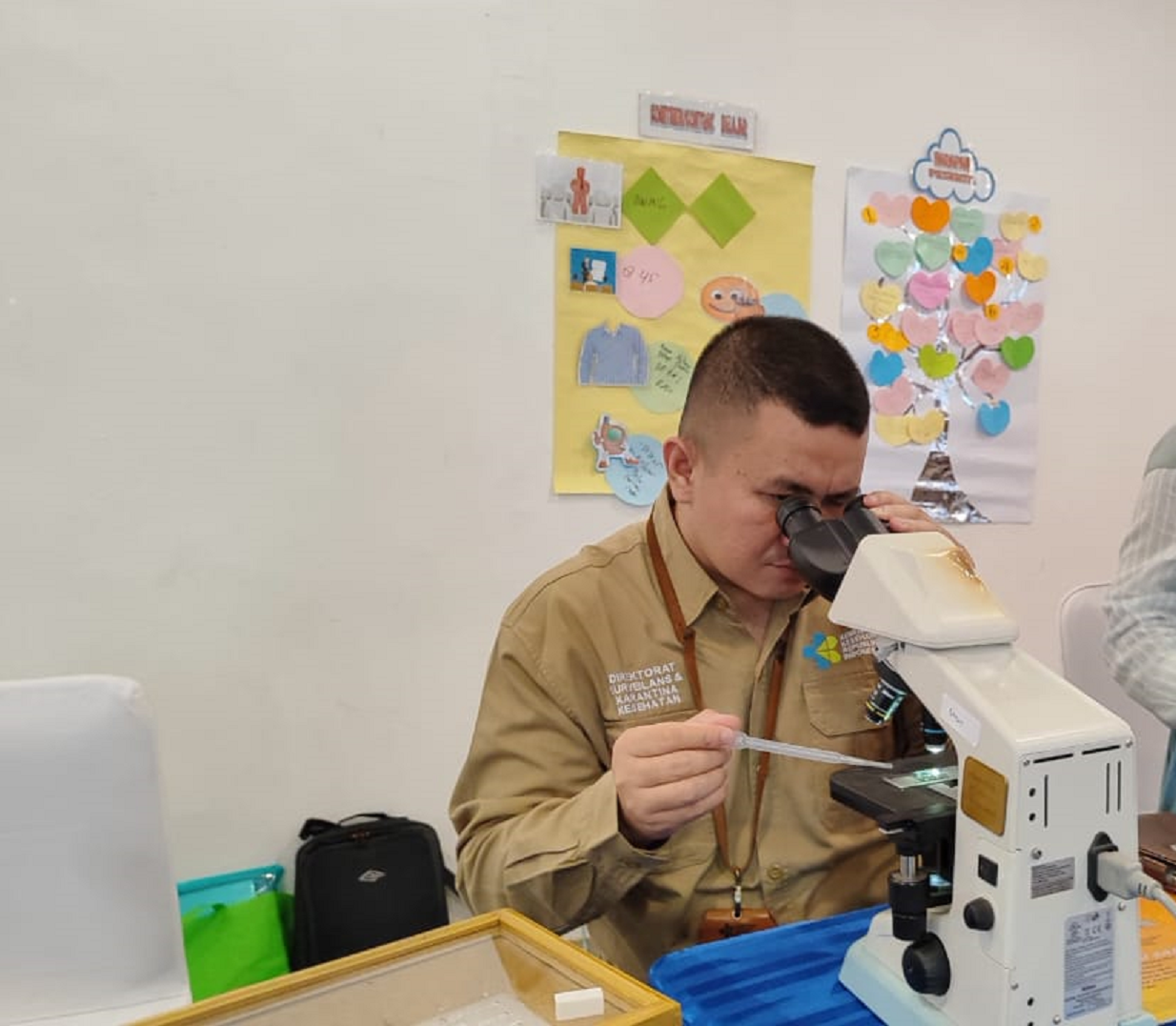As Indonesia struggles with the persistent threat of vector-borne diseases, a significant challenge has emerged: the limited understanding of malaria vector mosquitoes' behaviours, particularly in regions with high prevalence of malaria such as Papua. This knowledge gap has led to less effective mosquito control interventions in these areas, urging the need for further research and insights.
Malaria, a deadly disease transmitted through the bites of infected mosquitoes, has long posed a significant threat to public health in Indonesia. The world’s largest archipelago, Indonesia hosts the second highest number of malaria-carrying mosquitos in the world with 29 identified species reported in 2022. This biological diversity takes on a unique dimension when considering the Wallace Line, a biogeographical boundary that influences the distribution of various mosquito species across the country. Climate change further exacerbates this complex situation. As temperatures rise, previously malaria-free hilly areas are now becoming hot spots for disease-carrying mosquitoes. Health entomologists are the unsung heroes in this fight, as they study and monitor the intricate behaviours of mosquitos and develop solutions to prevent and control malaria, such as insecticides, long lasting insecticidal nets (LLINs), and indoor residual spraying (IRS). However, a lack of capacity among entomologists and uneven capacity building has left high burden areas ill-equipped to address the pressing challenge of protecting communities from vector-borne diseases.
To that end, the National Vector Control and Surveillance Unit (NVC&S) of the Ministry of Health (MoH) is working together with WHO to roll out a targeted capacity building programme, focused on improving the skills and knowledge of health workers in high risk regions such as Papua, East Nusa Tenggara (NTT), East Kalimantan and North Maluku. The goal is to arm health entomologists – experts specializing in disease-carrying vectors – with the knowledge and skills to understand their enemies to curb the spread of these diseases.
While WHO ensured that training materials and the curriculum were up-to-date and in line with WHO guidelines, MoH organized two training of trainer (TOT) sessions from May through June 2023 to train health entomologists on malaria vector and surveillance. A total of 59 health workers from provincial and district health offices participated, half of which came from Papua. These sessions covered various aspects, including understanding malaria-carrying mosquitoes’ behaviour, identifying them, conducting malaria vector surveys and mapping, implementing vector control measures, and recording and reporting malaria cases using a digital application (SILANTOR). Participants receive credit points for completing this accredited training programme, which they could use for professional development. Additionally, the TOTs prepared the participants to become trainers themselves as they are expected to train health workers at primary health centres (Puskesmas), where practical vector control measures are implemented. These trained entomologist and health workers at Puskesmas can empower local communities to engage in community-based vector control and eliminate mosquito breeding sites in their neighbourhoods.
A participant examined the larvae of mosquito under the microscope during the class practice of training. (Photo credit: National Vector Control Unit, MOH/2023)
"Through this training, we are fostering a network of skilled health entomologists who can effectively manage vector-borne diseases, ensuring swift response to risky environmental conditions and potential disease transmission, thereby strengthening Indonesia's vector control efforts from province to primary health centers." Said Dr. Achmad Farchanny Tri Adryanto, Director of Surveillance and Health Quarantine, May 2023
This training holds immense significance for Indonesia’s future. Effective vector control is the key to disease elimination, resulting in healthier citizens, reduced healthcare costs, and improved overall productivity. Additionally, Indonesia's commitment to malaria elimination could enhance its global image, potentially attracting tourism and investment opportunities.
This initiative moves beyond its immediate impact. It resonates with the country's broader plan for 2030 – accelerating malaria elimination and bolstering comprehensive access to vector control and prevention. The successful partnership between NVC&S and health training institutions such as Bapelkes Mataram and BBPK Makassar can be replicated to ensure sustainability. Looking ahead, an innovative blended learning approach can be used as a powerful tool, especially in resource-constrained settings where reliable internet access may be limited.
WHO Indonesia’s malaria programme is supported by the Global Fund to Fight AIDS, Tuberculosis and Malaria.
Dr Herdiana Hasan Basri, National Professional Officer for Malaria; WHO Indonesia.
